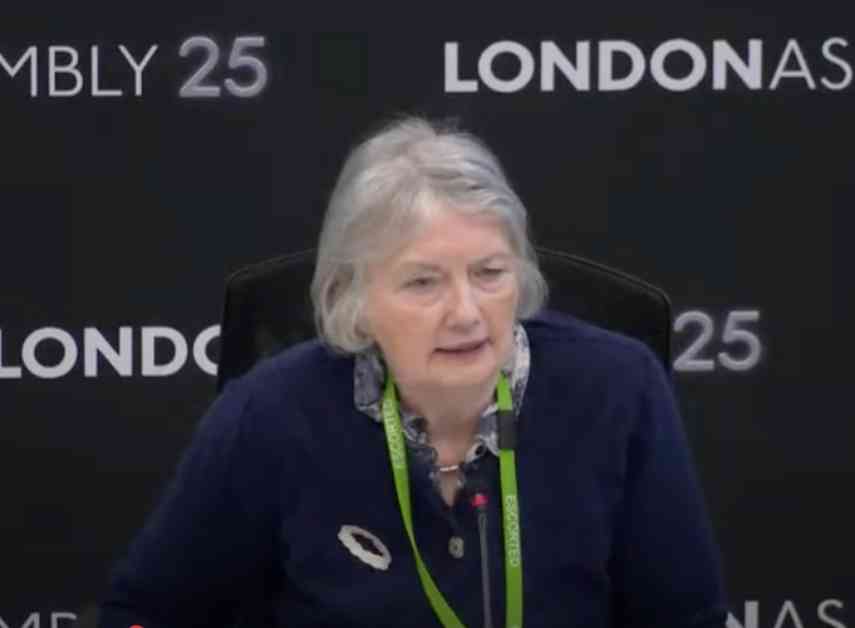London’s Deal Overdue for an Update
So, the deal for the capital might be ‘bespoke’, but it’s definitely in need of an update, according to a group of constitutional experts. The government’s English Devolution White Paper talks about a “permanent shift of power away from Whitehall”, but there are still big questions about how this will work in London once the English Devolution Bill is finally revealed. People are wondering: Will the devolution be real? Should London start to worry? Could it end up left behind?
A heavyweight panel of academics and think tank experts gathered at City Hall last week to tackle these questions as the London Assembly’s oversight committee kicked off an investigation into what new powers might be necessary in the capital. They also delved into how the current arrangements in London fit into the government’s overall plans.
In December, Sir Sadiq Khan saw the White Paper as a chance to “change our city for the better and for good”. However, the details are still unclear, especially when it comes to proposals for a “single financial settlement” for City Hall, which would consolidate all government funding with fewer conditions attached. The meeting highlighted that these “single pot” or “pooled funding deals” are already in place for the Mayors of Greater Manchester and the West Midlands and are set to come to other regions next year. Mayor Khan sees this as a positive step towards allowing London to set its own priorities. But, the committee was informed that the White Paper only commits Whitehall to “exploring” how these “integrated settlement” arrangements could be extended to City Hall from 2026/27.
Dr. Janice Morphet from University College London raised concerns that the current arrangements, similar to those established by the previous government, still require significant Whitehall approval and oversight. Implementing an integrated settlement like this for City Hall could be a step backward for an authority that already holds statutory powers, according to Morphet.
Professor Patrick Diamond from Queen Mary University of London praised London’s existing devolution settlement, recognized as “bespoke” in the White Paper, as a remarkable success. He cautioned against a “one size fits all” approach, emphasizing the need to acknowledge London’s unique character and governance requirements. With early devolution decisions focusing on authorities outside the city, there’s a sense that London’s arrangements are not a top priority, as noted by Rob Anderson, research director at the Centre for London think tank. “There hasn’t been much talk in government about London,” Anderson commented. “Are they saying ‘let’s talk about London later’?”
However, if the London arrangements are not finalized, Diamond believes there is an opportunity for the capital to seize. “Ministers must be pushed and convinced that a serious approach to devolution must offer room for local discretion and flexibility,” Diamond remarked. He stressed the importance of London’s decision-makers collaborating with central government to establish a framework tailored to London’s needs. Diamond and the committee agreed that more powers for the Mayor should be accompanied by increased powers for the assembly.
The committee highlighted the absence of “fiscal devolution” in the government’s proposals, which involves the authority to spend more of the city’s tax revenue and impose new taxes. This has been a long-standing demand from London business organizations and government bodies. “What we call devolution is essentially a limited form of delegation,” Diamond explained.
While the BusinessLDN group continues to push for a long-term funding agreement for Transport for London and more funding for affordable housing, London Councils has warned of the impending “collapse” of council housing finances without prompt government intervention. Hamida Ali from the Future Governance Forum emphasized the White Paper’s failure to address the fundamental issue of funding public services.
So, the discussion is ongoing, and it seems like there’s a lot to consider when it comes to devolution in London. Not really sure why this matters, but hey, it’s important stuff. Let’s see where this journey takes us.





















